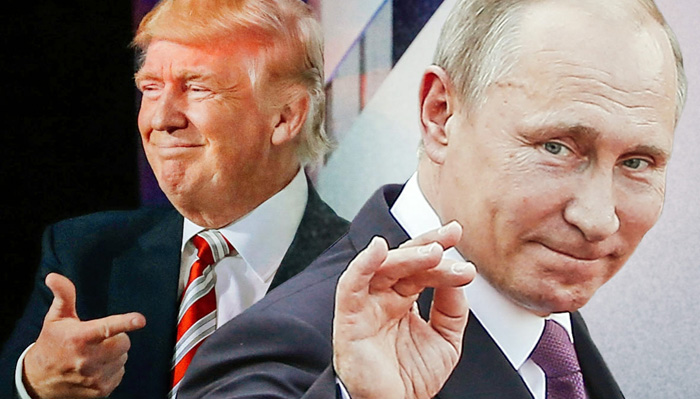From Iran to Chile, covert CIA-backed operations were responsible for installing leaders friendly to the U.S. in countries around the world in an attempt to gain supremacy over the then-Soviet Union during the Cold War. Russia seems to have taken a page from the U.S. playbook and one upped it, as it may have significantly contributed to the election of Donald Trump as the next president of the United States.
The U.S. intelligence community has publicly accused the Russian government of being behind the hacking and leaking of emails involving Hillary Clinton’s election campaign by cyber espionage groups Fancy Bear and Cozy Bear on WikiLeaks and other sites this summer. James Clapper, Director of National Intelligence, issued a joint statement with Department of Homeland Security on October 7 declaring that they were “confident that the Russian government directed the recent compromises of emails” and that “these thefts and disclosures are intended to interfere with the U.S. election process.”
Russian President Vladimir Putin has been vocal in his support of Trump, calling him the “absolute leader in the presidential race” in a December 2015 news conference. Many of Trump’s positions—including his expressions of admiration for Putin and his July 2016 comments that he “would be looking at” recognizing Crimea as Russian territory and lifting sanctions—have curried the favor of the Russian leader.
The leaked emails caused major embarrassment to the Clinton campaign. A release of hacked Democratic National Committee (DNC) emails in July revealed that the Clinton-favoring DNC had tried to sabotage the campaign of Senator Bernie Sanders, a fellow Democratic contender for the nomination. The ensuing scandal caused the resignation of the DNC chair, CEO, CFO, and communications director. Another batch of emails stolen from Clinton campaign manager John Podesta in October, which included copies of Clinton’s speeches at Goldman Sachs events and evidence that she was given advance notice of a town hall question, further tarnished her image.
This is consistent with Russia’s activities in cyberspace. The KGB mastered the use of propaganda during the Cold War, and its successor the FSB has become adept at using these same tactics in the digital realm. Russia regularly makes use of “cyber proxies,” or hacker groups that act with some level of state sponsorship, for its information operations. The proxy group CyberBerkut, for instance, typically claims to have hacked a site and then disseminates the stolen information (generally a mix of fact and fiction that supports the Russian narrative in Ukraine and elsewhere) via a Kremlin-backed Twitter and social media army. Using such groups means that if such activities are traced to Russia, the government—aided by the difficulty of attribution in cyberspace—can claim that they were waged by independent patriotic hackers over who they have little control, enabling it to claim “plausible deniability.”
What is clear is that in a close race in which—despite losing in the electoral college, Clinton appears to have won the popular vote at 48 to 47 percent at the time of publication—the information leaked in the emails was a serious disadvantage to Clinton and may have been the deciding factor in putting Trump over the top.
Russia’s role in the election of Trump is significant because, at a time in which the relationship between the U.S. and Russia has been at its most strained since the end of the Cold War over Russia’s annexation of Crimea and other issues, Moscow has helped ensure that the only candidate that will be friendly to Russia has gained office. While this may have the advantage of making the outbreak of outright hostilities between the U.S. and Russia less likely, it also means that the future U.S. president now owes a debt of gratitude to Russia, once the principal adversary of the U.S.
This may make Trump even more conciliatory to a country whose illegal occupation of Crimea has drawn the widespread condemnation of the international community. It also means that Russia, buoyed by its successful use of cyber theft and propaganda in order to install its supporters in key political roles, is likely to further ramp up its use of cyber means to influence elections, both in the U.S. and around the world.







Comments